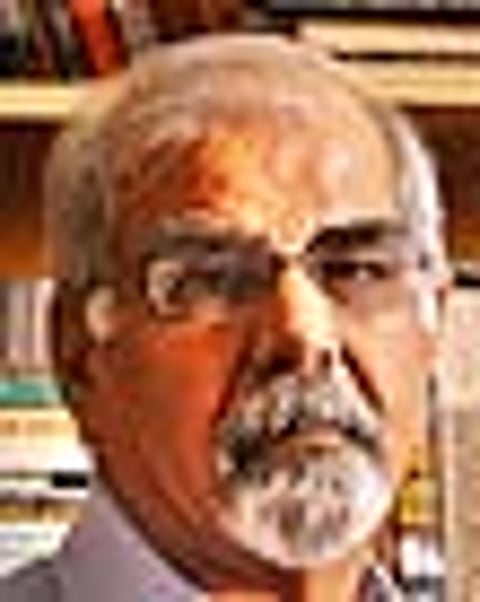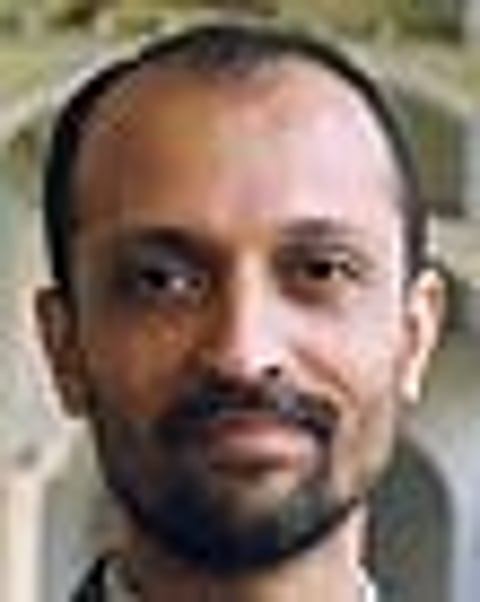This is the Holy Grail of economics: how does one measure and quantify happiness in people’s lives? Bhutan is so far the only country measuring economic growth in terms of gross national well-being. Its measure is not based on personal happiness, but on a set of factors that would constitute ‘wellness’ of people. The need to map happiness has acquired urgency since a panel in France led by Nobel Prize-winning economist Joseph Stiglitz came out with its happiness report in September 2009. Lola Nayar asked five leading economists whether happiness or well-being could be quantified—and whether money can buy love after all—in 2015 and beyond.
Smiley’s People
Five leading economists on whether happiness or well-being can be quantified—and whether money can buy love after all—in 2015 and beyond.

Dr Eugenio Proto
University of Warwick
“A good job, good health, a good family or relations, wealth—they are all important factors. Perhaps income is less important than the others, though it is difficult to understand why. But this could also be a problem of measurement.”

Surjit S. Bhalla
Economist
“Income is highly co-related with happiness and opportunities. Obviously, a poor person can be happy and a rich person could be sad. However, if you were to ask a person whether having more money would give him more happiness, he is not going to say no.”

Gregg Easterbrook
Author, The Leading Indicators
“I don’t think happiness can be measured in economic terms. Research shows that being poor causes unhappiness—that’s expected. But once people reach a basic standard of living, then happiness and money decouple. Beyond that, what really matters in life—friends, family, love, the sense of self-worth, the sense that one’s life has meaning—these cannot be purchased with money. Billionaires have tried to buy love, and it doesn’t work!”

Jayati Ghosh
Economist
“Obviously, health is an important indicator, having enough education to be able to develop your capacities, freedom to be mobile and able to do want you want, not be restricted but have a voice given the political and social inequalities.”

Ajit Ranade
Chief economist, Aditya Birla Group
“If you are economically well off, it will help to promote a better quality of life, sense of well-being and securities like health, education and other opportunities that come with better income. People who are optimistic tend to be happy.”
Tags